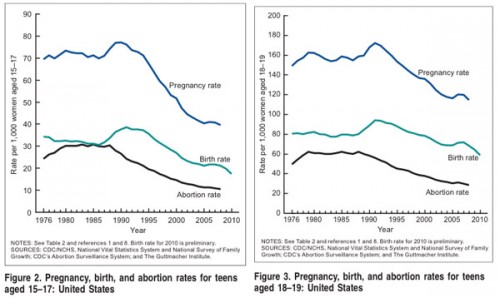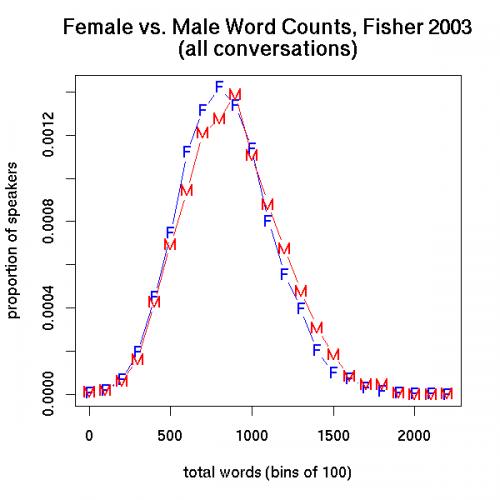That settles it: I’m totally becoming an MRA now. Miri says men who are feminists aren’t entitled to cookies.
I’ve been told I only support equality for women as a ploy to get laid by hordes of hairy-legged ladies, and I’ve never received that benefit…and now I find out I don’t even get cookies? Aww, what’s the point?





